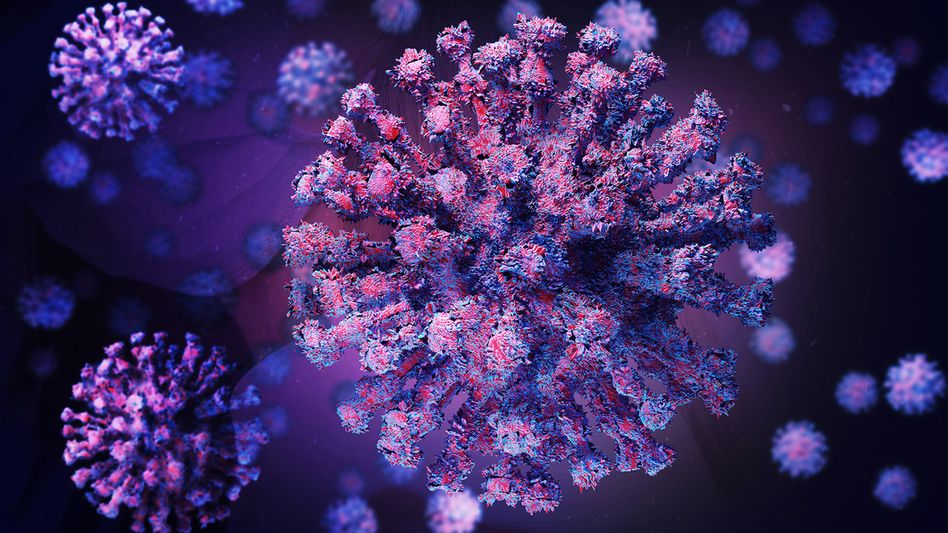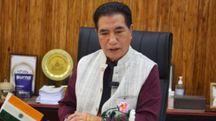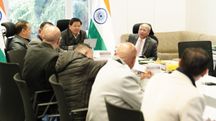India's third COVID-19 wave unlikely to be as severe as second wave: ICMR study
 Baksa records 99 fresh COVID cases
Baksa records 99 fresh COVID casesNEW DELHI: The third wave of COVID-19 could strike the world, but it may not be to be as large as the second wave, said a study done by the Indian Council of Medical Research (ICMR).
According to the study titled "Plausibility of a third wave of COVID-19 in India: A mathematical modelling based analysis" published in the Indian Journal of Medical Research (IJMR) has stated that using simple mathematical models of the transmission dynamics of SARS-CoV-2, the research examined at the conditions that could lead to a serious third wave.
ALSO READ: MLA Bhabesh Kalita appointed as state president of BJP, Assam
Immune-mediated processes (waning immunity, or viral evolution for immune escape) are unlikely to produce a catastrophic third wave if left to their own devices, according to the study, unless such mechanisms result in a total loss of protection among individuals previously exposed.
To create a third wave on its own, a new, more transmissible variation would have to exceed a high threshold (R0 >4.5). However, probable mechanisms for a third wave include a new variety that is more transmissible while also escaping earlier immunity, as well as lockdowns that are highly successful in controlling transmission but then liberated, according to the study.
Using a compartmental model of SARS-CoV-2 transmission, researchers examined a variety of probable pathways of COVID-19's third wave.
ALSO READ: Sharda Adhikarimayum Devi Appointed As President Of BJP, Manipur
However, the researchers cautioned that the estimates are prone to uncertainty and that the only option to mitigate against any outcome' is to scale up vaccinations.
The study is authored by Sandip Mandal, Nimalan Arinaminpathy from the Department of Infectious Disease Epidemiology, MRC Centre for Global Infectious Disease Analysis, Balram Bhargava and Samiran Panda from ICMR, and School of Public Health, Imperial College London, London, UK.
Copyright©2025 Living Media India Limited. For reprint rights: Syndications Today









